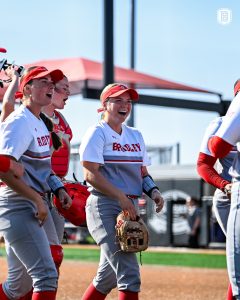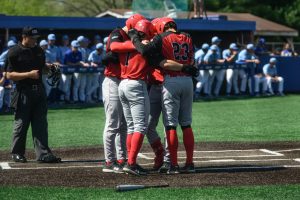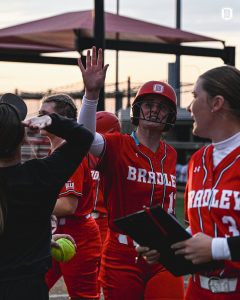It was a milestone worthy of celebration: it had been a whole two weeks since someone in the NFL was arrested.
And then Aldon Smith had to ruin the moment.
For some reason, he decided to tell airplane officials in a terminal at the Los Angeles International Airport he had a bomb. Not a smart idea, obviously, since his day ended with him being hauled out of LAX in handcuffs.
While Smith hasn’t been officially charged in connection to this incident yet, he’s probably not all that concerned about it, since he’s already facing felony weapons charges and a DUI conviction stemming from unrelated incidents.
This column isn’t going to be about whether or not the decision was a bad one (it was). Nor will it be about how the 49ers need to take immediate action, other than simply not renewing the final year of his contract (they do).
Instead, I’m going to focus on the NFL as a whole, because the league has some serious legal issues it has to figure out.
I’m from Cincinnati, and if you type “Cincinnati Bengals” into Urban Dictionary, the first result calls the team “the Ohio State Correctional System work release program.”
For the better part of the last decade, that seemed to be the case. From the start of 2000 to July 2011, the Bengals had 35 arrests, most in the NFL.
Recently, the team has tried to reshape its image. It’s released players it felt didn’t represent themselves the right way, like former safety Robert Sands.
It stuck by some players, like Adam Jones, who haven’t necessarily had full control over the situation they found themselves in. Jones was arrested for assault, but he was acquitted after security footage showed he was attacked first.
It’s not just an issue in Cincinnati. It’s hard to forget the situation with Aaron Hernandez that unfolded last summer. And late last month, the Eagles cut DeSean Jackson after alleged gang ties were uncovered.
In Jackson’s case, nothing has been proven. He hasn’t been charged with a crime or in connection with a crime. But Hernandez, Smith and countless other players have.
These players are idols. Kids look up to them; they consider the players heroes and want to follow in their footsteps.
But the parents of children who look up to those players have to imagine it’s pretty hard to let their child grow up idolizing players who can’t stay out of trouble.
Obviously, every player in the NFL isn’t dealing with legal issues, and there are still tons of players in the league that would make good role models. But they don’t seem to be making the news right now.
About a week ago, Falcons quarterback Matt Ryan hosted a charity golf event to benefit children’s hospitals in the area. Every NFL team has players that do this, but outside of the area it benefits, you won’t hear about it.
Is the reason you don’t hear about it because every team has players that do it? Probably. But every team has players who get in trouble too, and you hear about them all the time.
I don’t know what, if anything, the NFL can do to help fix the problem, but that’s not up to me. All I know is the NFL can’t sit back and try to explain away these events as isolated incidents while claiming the league itself is blissfully unaffected.




